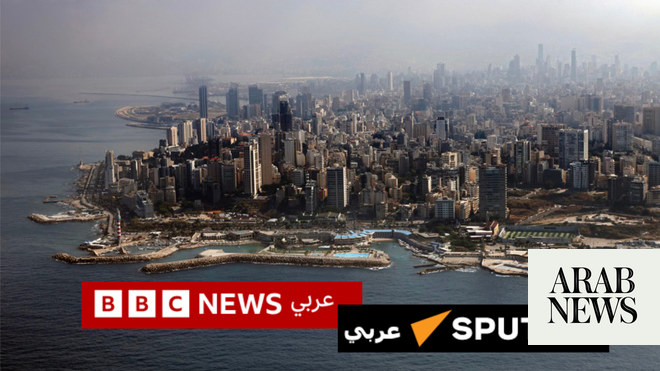
Lebanon’s northern region of Wadi Khaled has for years hosted some 75,000 Syrian refugees, the majority of whom hail from the nearby Homs province.
It therefore may not seem strange that a neighborhood in the Lebanese region would transform into a “mini Syria” after some 7,000 meters of the area was purchased by the Syrian Hamadeh family. The quarter now hosts hundreds of Syrians.
Even though the clashes in Homs ended in 2014, the locals refuse to return to their homes because the region is now under the control of the Syrian regime and Lebanon’s “Hezbollah” party and the overwhelming majority of those who fled their homes are from the Syrian opposition.
The refugees in Wadi Khaled have not greatly affected the demographics in the area, contrary to what has taken place in several Lebanese towns and villages. The locals in Wadi Khaled chose to embrace the refugees from the very moment they arrived in 2012.
They opened up their schools and homes and completely refused the idea of setting up encampments for them. This has led to the settlement of some 75,000 Syrians in rooms that they originally stayed in for free. Eventually, they started to rent these rooms and later even purchased them.
The land that Syrians buy in Wadi Khaled is not registered in official records, only the local notary, municipal chief or witnesses can prove their ownership.
Some locals in Wadi Khaled have voiced their concern over Syrians buying homes and land in the area because they believe that the new owners would now never entertain the idea of returning to their country even if the war there was over.
Head of the federation of Wadi Khaled municipalities Fadi al-Asaad told Asharq Al-Awsat that there were now a huge number of Syrian landowners in the region.
“This may directly affect the possibility of their return to their country,” he remarked, while also noting that several Lebanese also own land in the adjacent Syrian territory.
He predicted however that the refugees may eventually return home, but not as soon as a settlement in Syria is reached due to the “certain characteristics” that Homs has.
Head of the Wadi Khaled municipality, Noureddine al-Ahmed, appeared more optimistic.
There are no fears over the Syrian refugees’ stay in Lebanese towns, he told Asharq Al-Awsat, while adding that only some 40 families have purchased property in the area. These families have relatives in the region, such as the Hamadeh family that has relatives from its Lebanese namesake.
Asaad and Ahmed agree that there are pros and cons to the Syrian displacement to Wadi Khaled.
Wadi Khaled is located in Akkar, which up until recently, remained neglected by the state and only received much needed attention from donors and humanitarian organizations.
Asaad said: “Due to the large number of Syrian refugees, a sewage system was established in the area. We were only able to set it up because it was funded by donors”
In addition, a water pipeline system was also set up and it now covers 75 percent of the region. Local authorities were unable to establish these systems in the past due to their high costs.
Ahmed said that the economy in Wadi Khaled was boosted with the arrival of the refugees, adding however that the locals’ marriage to Syrians has been a negative side effect of the displacement.
The towns of al-Hisha, al-Aamayer and al-Rama host the largest number of refugees in Wadi Khaled, which consists of over 20 towns.
An activist in the region, schoolteacher Ahmed al-Sayyed said that from the very moment that the first wave of refugees arrived in the area, schools dedicated themselves to teaching the Syrian children.
Morning classes were offered to Lebanese students, while night ones were offered to the some 4,000 Syrian students.
Ahmed told Asharq Al-Awsat that some schools teach 500 to 600 students, adding that as opposed to other Lebanese areas, the Syrians have been smoothly accommodated in Wadi Khaled society due to the close ties and similar customs shared between the people in the region.
“It is true that some 100 Syrian families bought land in Wadi Khaled and we have asked the municipality and concerned agencies to intervene to end this phenomenon, but we have no fears over their living among us,” he said.
He said that the family ties bind them together and there are no fears over changing demographics “because these refugees share our sect and beliefs.”












